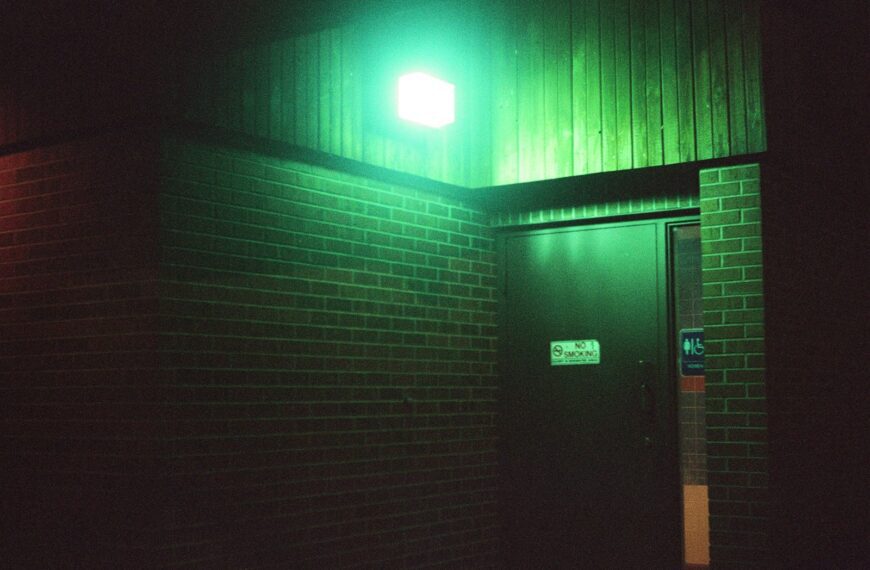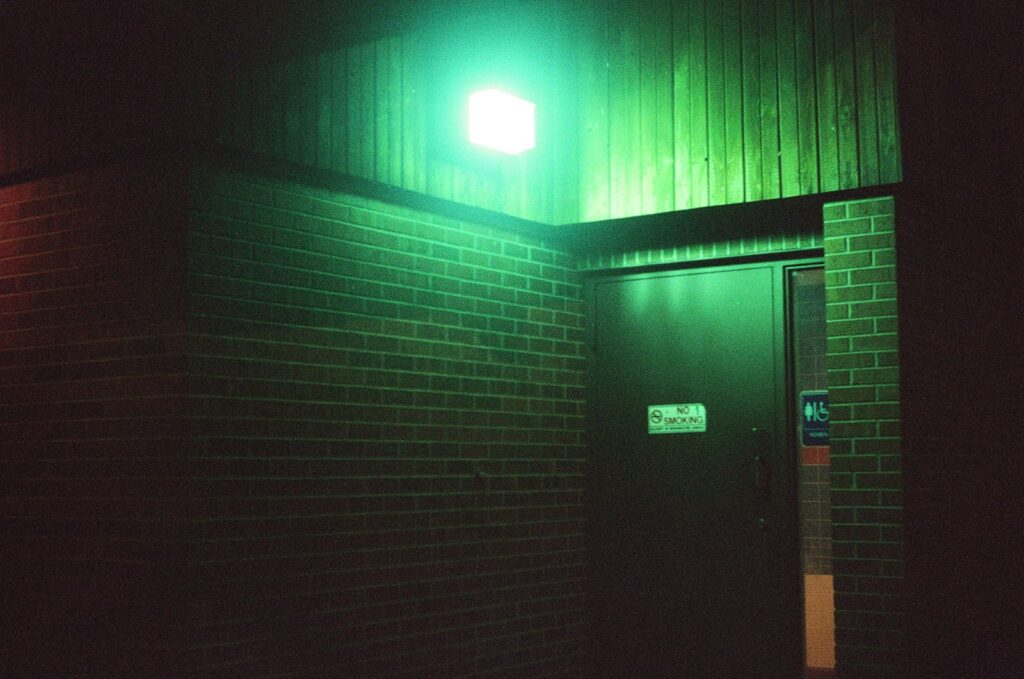Clutter can sneak up on you without you noticing, slowly taking over your space and making everyday tasks harder. When stuff starts piling up, it can affect how you feel and how your home functions.
Knowing the signs your clutter is out of control helps you take action before it becomes overwhelming. This article will walk you through some common ways to spot when your belongings are getting the better of you.
You can’t find things when you need them

You probably know this feeling too well—digging through piles just to find your keys or that one important document. When clutter takes over, it becomes a daily hassle to locate even simple things.
This constant misplacement wastes your time and adds unnecessary stress. If you catch yourself buying stuff you already own because you can’t find it, it’s a clear sign clutter is getting out of hand.
Piles of stuff are gathering everywhere

You might notice piles forming on your countertops, tables, and even the floor. These stacks slowly take over your space without you realizing it.
When stuff starts to gather in every corner, it can feel overwhelming to even think about sorting through it.
If these piles are growing, it’s a clear sign your clutter is getting out of hand and needs some attention.
You avoid entering certain rooms

You might find yourself steering clear of some rooms because of the clutter. It feels easier to just close the door than face the mess.
When spaces like your bedroom or kitchen become so crowded, they stop feeling comfortable. That avoidance is a sign your clutter has taken over more than it should.
Storage spaces are overflowing

You probably know your clutter is out of control when your storage spots are stuffed past capacity. Drawers, closets, and cabinets might be so full things are spilling out or you can’t close doors properly.
When you open your storage areas, you might feel overwhelmed instead of organized. If you constantly struggle to find space for new items, it’s a clear sign it’s time to take a closer look at what you really need to keep.
The kitchen has no clear counter space

If your kitchen counters are always covered with stuff, it’s a clear sign clutter is taking over. You should be able to use at least some space for cooking or prepping without moving things around first.
Having no clear counter space can make meal prep frustrating and slow. When everything has a spot and unnecessary items are removed, your kitchen feels easier to work in and less chaotic.
Closets have lots of empty hangers but no clothes

If you see a bunch of empty hangers in your closet, it could mean your laundry isn’t caught up. Clothes might be sitting in piles or baskets instead of hanging where they belong.
This situation often means your system for putting away clothes isn’t working. It’s a sign to check your routine and make it easier to keep things organized.
Trash bins and shelves look empty but clutter remains

You might notice your trash bins and shelves seem empty, but your space still feels messy. This usually means clutter is hiding elsewhere, like on tables, counters, or inside drawers.
Just clearing visible spots doesn’t fix clutter. You need to tackle items scattered around that aren’t trash but don’t have a proper place.
Sometimes, putting things away or tossing trash isn’t enough if you don’t regularly organize and clean every surface.
You feel like you’re always cleaning but never done

You spend hours tidying up, but clutter seems to quickly pile back again. It feels like a never-ending cycle where cleaning just delays the mess.
This constant cleanup can be exhausting and make your space feel chaotic, even when you’re putting in effort. You might notice dishes stacking up as soon as you clear the last ones or clothes reappearing the minute you fold them.
When cleaning feels endless, it’s a sign that clutter is more than just occasional—it’s taking over your daily life.
You constantly reorganize but clutter comes back

You spend time putting things in order, but somehow the mess always returns. It feels like no matter how much you tidy, piles and stuff creep back quickly.
This cycle can be frustrating and make you feel like you’re stuck on a loop. It might mean you’re not addressing the root causes, like keeping too many things or lacking a clutter system that really works for you.
You have trouble concentrating at home

When your space is cluttered, your brain can struggle to focus. You might find yourself getting distracted by random items scattered around.
It’s harder to settle into a task when your surroundings feel chaotic. That pile of stuff on your desk or floor could be pulling your attention away without you realizing it.
If you notice your mind wandering more than usual, clutter might be a part of the problem. Clearing out some space can help you regain focus.
Your favorite items get buried under stuff

You know that thing you love but can never find? When clutter takes over, your favorite things get lost under piles of other stuff.
It’s frustrating to dig through layers just to grab something you use often.
If this sounds familiar, it might be time to clear out and organize. Your go-to items should be easy to reach, not hidden away.
You feel stress or anxiety linked to your space

You might notice your clutter making you feel overwhelmed or anxious. When your space is messy, your brain has to work harder to focus, which can increase stress.
That feeling of constant unfinished tasks can keep nagging at you. Over time, this can affect how you see your surroundings and even yourself.














